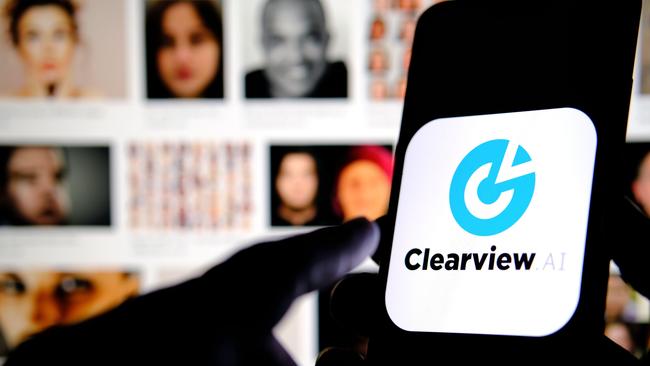Face-scan firm told to cease and desist over privacy breaches
A controversial US facial recognition software trialled by the nation’s law enforcement agencies has been ordered to stop collecting images of Australians.

The US company behind controversial facial-recognition software trialled by the nation’s law enforcement agencies has been ordered to stop collecting images of Australians.
Clearview AI has collected billions of images of people around the world, claiming its software assists law enforcement in identifying criminals.
On Wednesday, the Office of the Australian Information Commissioner released a report claiming the privately owned company is breaching the privacy of Australians by collecting and analysing images without consent.
The privacy watchdog also ordered Clearview to delete any images of Australians already collected and to notify those whose “personal information” has been gathered.
Clearview said it would appeal the decision, that it does not operate in Australia and that it operates “legitimately according to the laws of its places of business“.
A Clearview spokesman said the company did not operate or have customers in Australia and was adamant it had not violated the privacy of Australians.
“Not only has the commissioner’s decision missed the mark on Clearview AI’s manner of operation, the commissioner lacks jurisdiction,” said an Australian law firm working for the company.
Dubbed the “Google search for faces”, the software allows users to upload an image and find matches in a database.
The Australian Federal Police, Queensland Police, Victoria Police and South Australia Police trialled the software in 2019-20 on a free basis.
The OAIC report argues a person does not necessarily have to be identified for there to be a privacy breach.
“Even if an organisation that collects or holds information does not know the subject person’s identity, they may be handling ‘personal information’ because the individual is reasonably identifiable by another person (or machine) other than the subject themselves,” the report says.
Australian-born founder Hoan Ton-That has claimed the software is 99.6 per cent accurate, and emails sent to prospective customers say the company has the world’s largest database of facial images.
“Just upload a photo to the app and instantly get results from mug shots, social media and other publicly available sources,” one email to Australian law enforcement said.
The decision comes as Facebook announced it would shut down its facial-recognition system.



